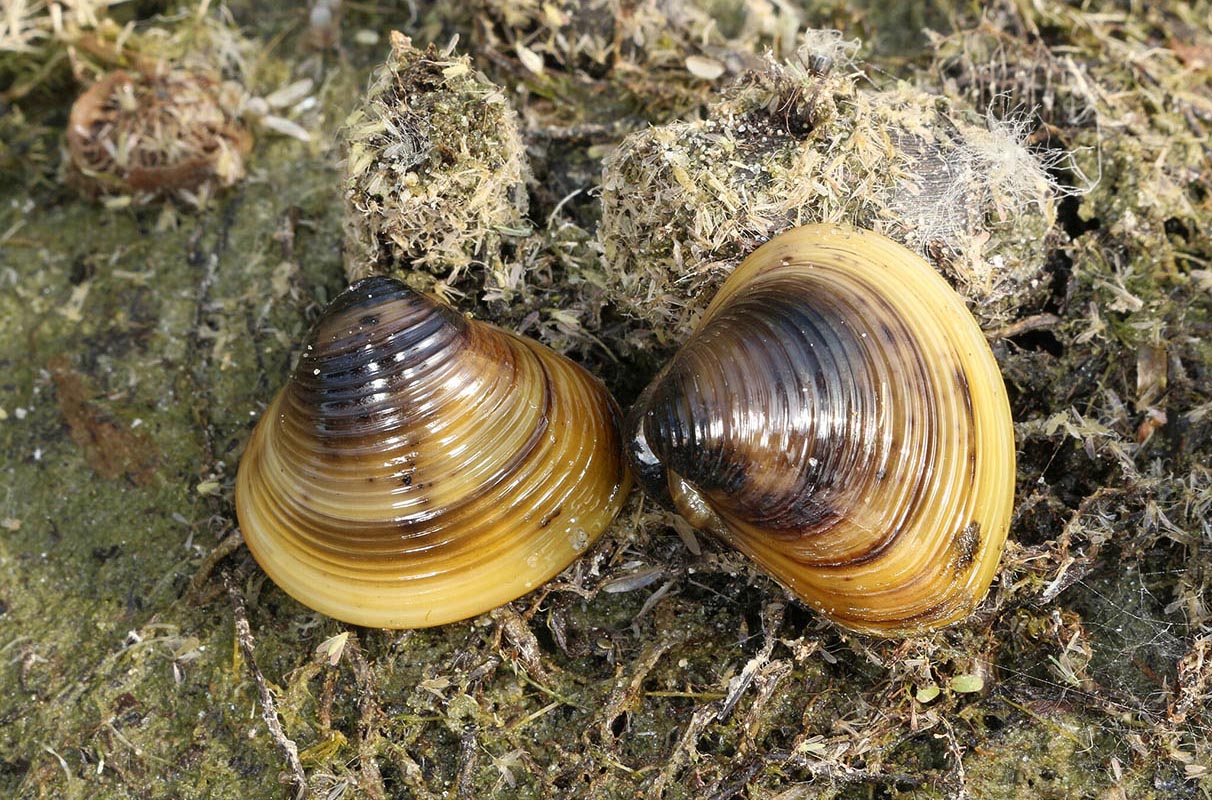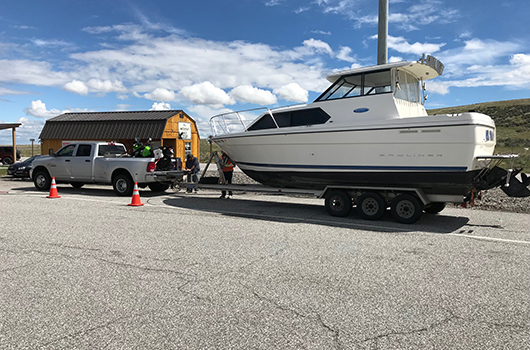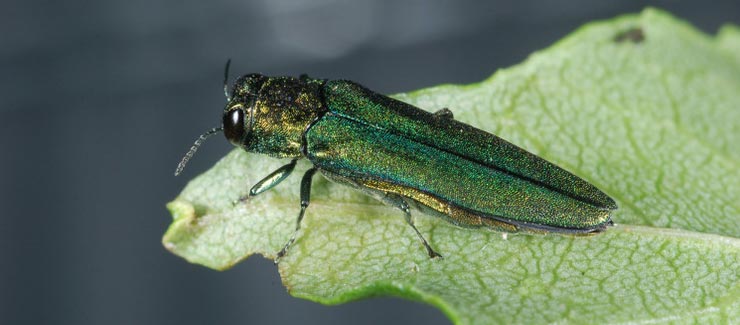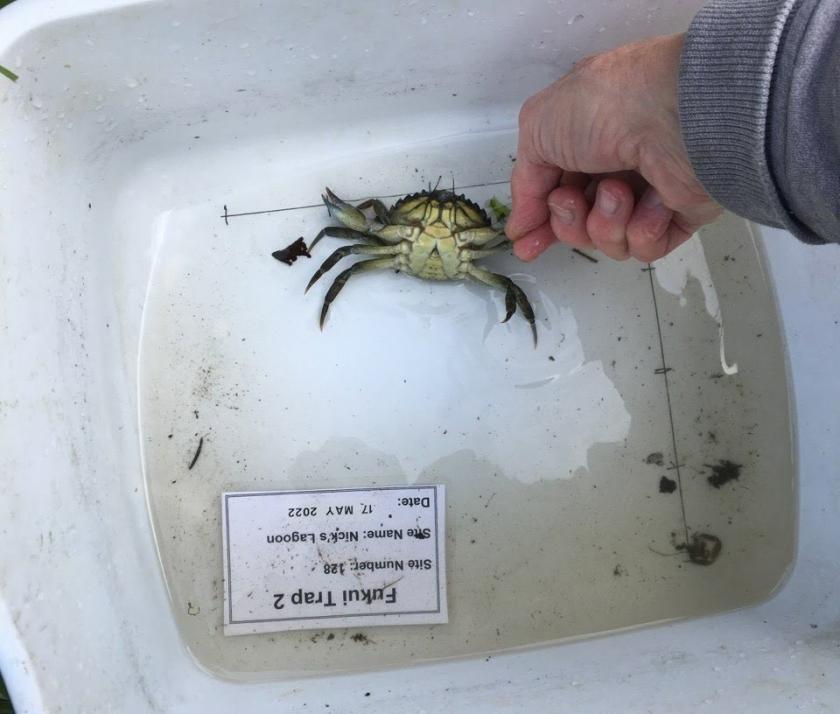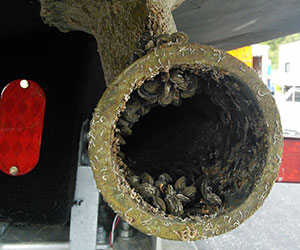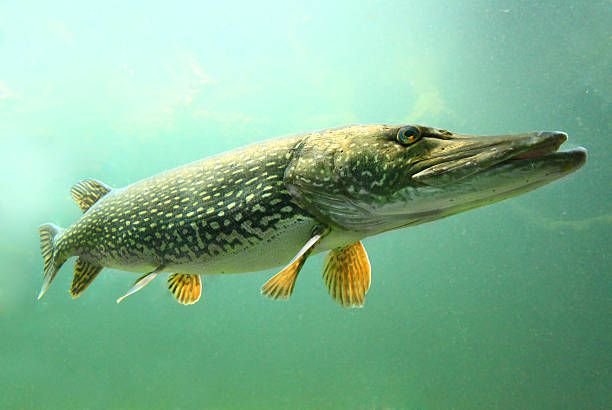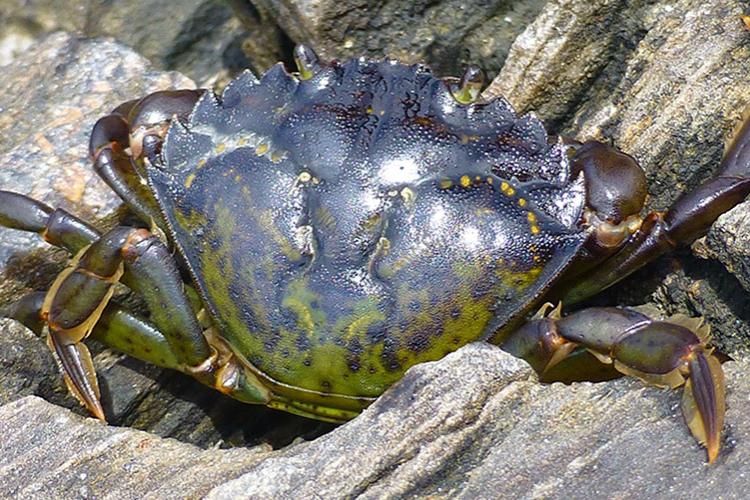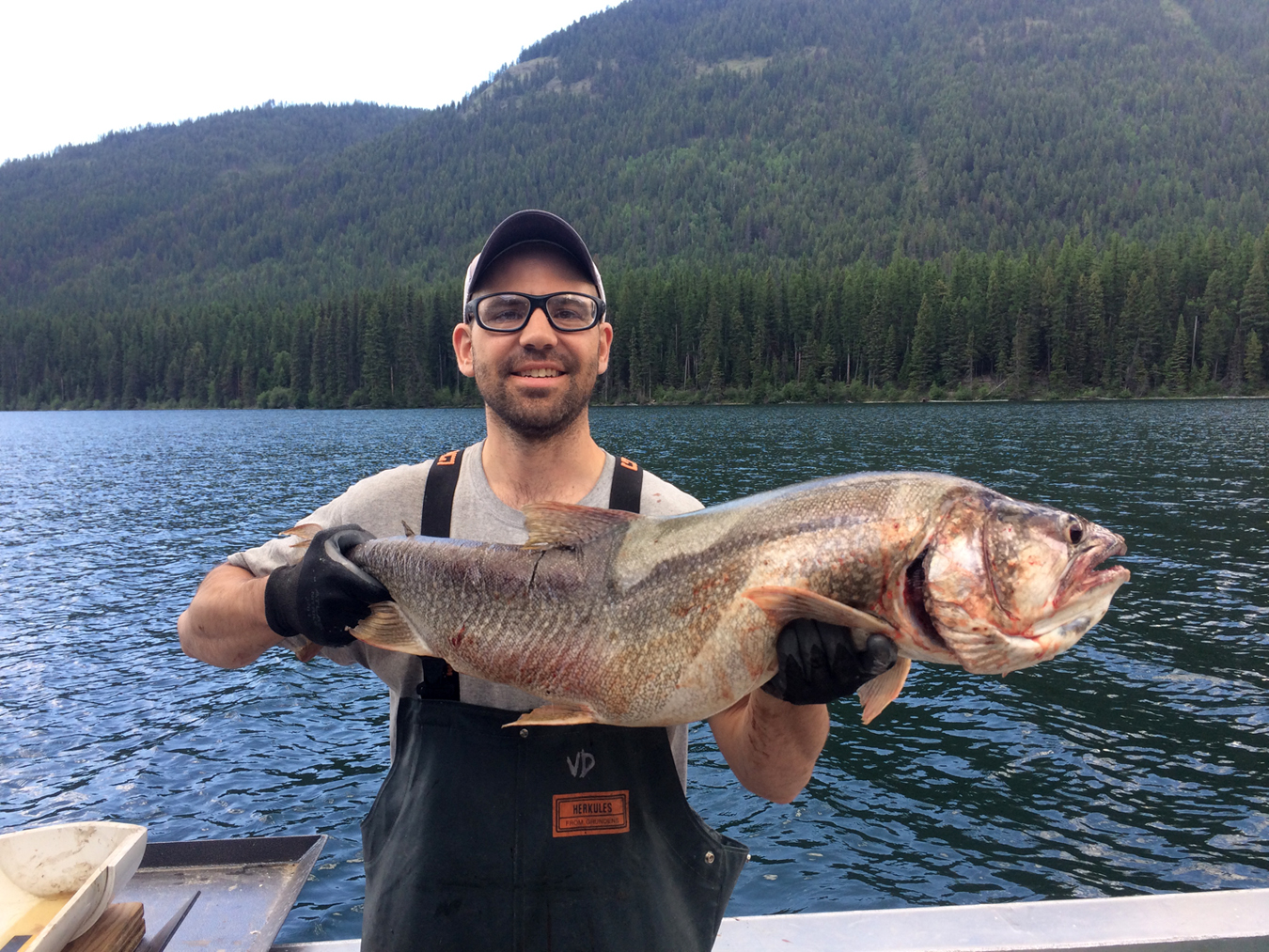WSU Study Shows Substantial Spread Of Invasive Asian Clams In Columbia River, Threat To River’s Food Web
July 13th, 2023
The invasive Asian clam is more common in the lower Columbia River than its native habitat of southeast Asia, according to a study of the clam’s abundance in the river.
Columbia River Basin Still Only Major Basin In U.S. Free Of Destructive Zebra/Quagga Mussels; Fluctuating Reservoirs May Provide Some Protection
February 17th, 2023
The Columbia River basin in 2023 is still the only major river basin in the U.S. free of quagga and zebra mussels, largely due to the Northwest’s four-state watercraft inspection efforts, according to a presentation this week at the Northwest Power and Conservation Council by Stephen Phillips, senior program manager at the Pacific States Marine Fisheries Commission.
Emerald Ash Borer Found In Oregon (First On West Coast); Potential To Destroy Large Numbers Of Trees Key To Salmon Habitat
October 6th, 2022
A small invasive beetle that has decimated ash groves in the Midwest was found in Oregon earlier this summer, the first to be found on the West Coast. When – not if – it spreads in Oregon, it has the potential to destroy large swaths of ash trees in forests and along streams located on the west side of the Cascade Mountains. The loss of the trees could impact salmon and steelhead in the Willamette Valley.
Washington Implements Incident Command System To Battle Habitat-Destroying Invasive Green Crabs: 64,000 Removed This Year
June 23rd, 2022
Deployment of emergency measures to control invasive European green crabs on the Washington Coast and at sites within the Salish Sea is well underway, including the implementation of an Incident Command System to facilitate statewide coordination between various agencies, tribes, and partners.
Report Details States’ Efforts In 2021 To Block Invasive Mussels From Gaining Foothold In Northwest; 162 Fouled Boats Stopped
May 6th, 2022
In the battle to block destructive zebra and quagga mussels from infesting Pacific Northwest waters, the four states at watercraft inspection stations in 2021 intercepted 55 more fouled boats than last year even though the number of total inspections were substantially less than in 2020.
Suppression Of Northern Pike In Lake Roosevelt Showing Much Success; Goal Is To Reduce Population To ‘Almost Undetectable Levels’
February 17th, 2022
An effort by tribes, the state of Washington and federal agencies to suppress or eradicate invasive Northern Pike is bearing fruit in Lake Roosevelt, the reservoir behind Grand Coulee Dam, according to an update by biologists at this week’s meeting of the Northwest Power and Conservation Council’s Fish and Wildlife Committee.
European Green Crab Invasion In Washington Worsens: Researchers Using E-DNA To Contain, Prevent New Outbreaks
February 17th, 2022
European green crabs feast on shellfish, destroy marsh habitats by burrowing in the mud and obliterate valuable seagrass beds. The invasive species also reproduces quickly, making it a nightmare for wildlife managers seeking to control its spread in Washington’s marine waters.
Montana Study Reveals How Invasive Species Over Time Disrupt Native Species’ Food Webs; Lake Trout Vs. Bull Trout
November 11th, 2021
Invasive species cause biodiversity loss and about $120 billion in annual damages in the U.S. alone. Despite plentiful evidence that invasive species can change food webs, how invaders disrupt food webs and native species over time has remained unclear.
Future Bright For American Shad, Most Abundant Anadromous Fish In Columbia River Basin; Risks To Native Salmonids Unknown
October 28th, 2021
American shad, a non-native fish species introduced to the Columbia River basin in the late 1800s, has replaced salmon and steelhead as the most abundant anadromous fish in the basin – by a long shot – and, although there are a number of uncertainties, their abundance could be impacting salmon and steelhead recovery in the Columbia and Snake rivers, a recent report says.

